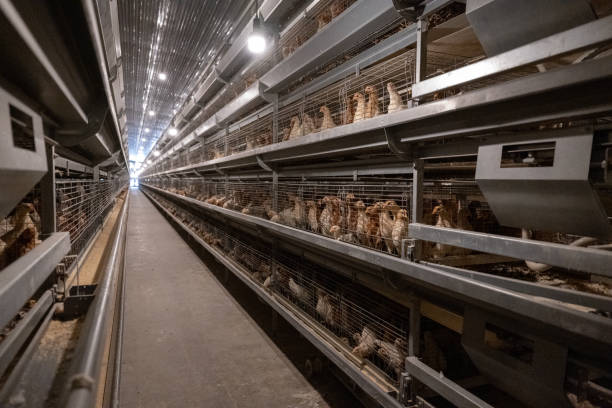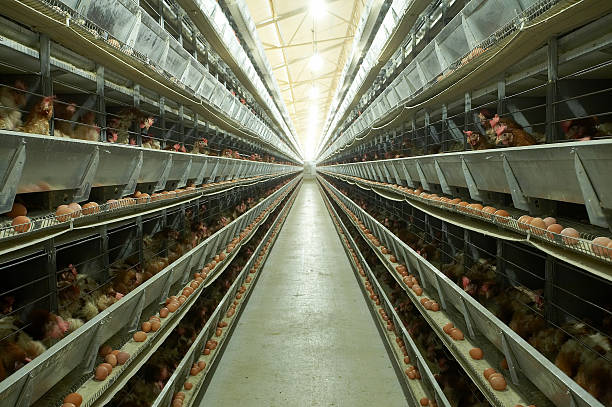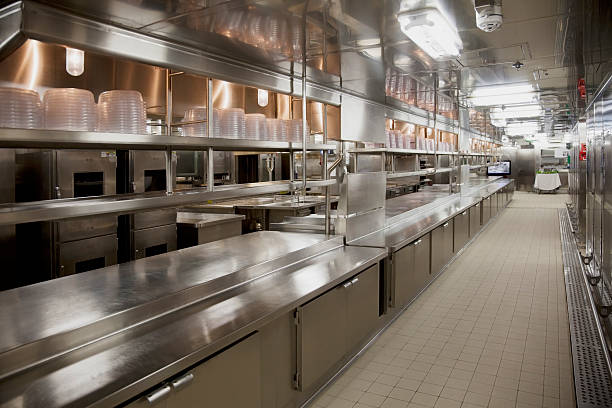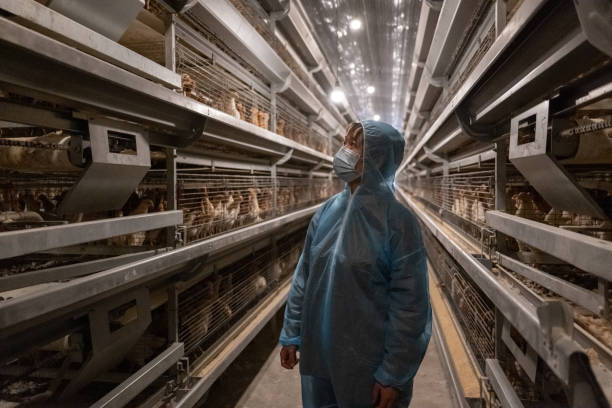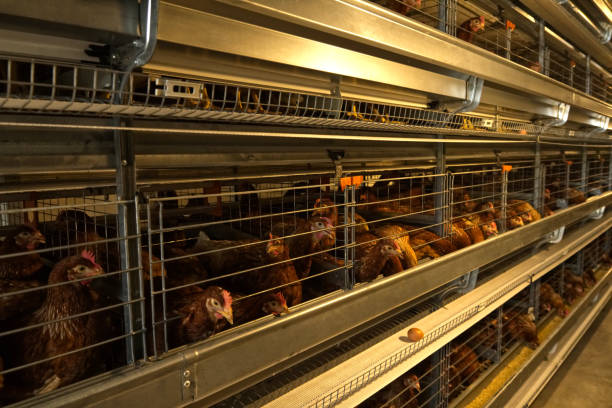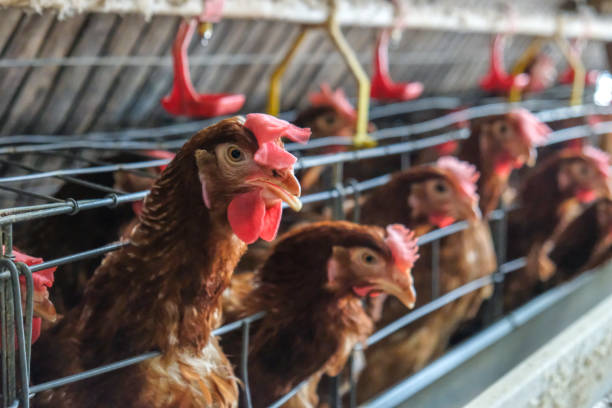Broiler Cages with Superior Manure Management: Reducing Labor and Improving Hygiene
Broiler Cages with Superior Manure Management: Reducing Labor and Improving Hygiene
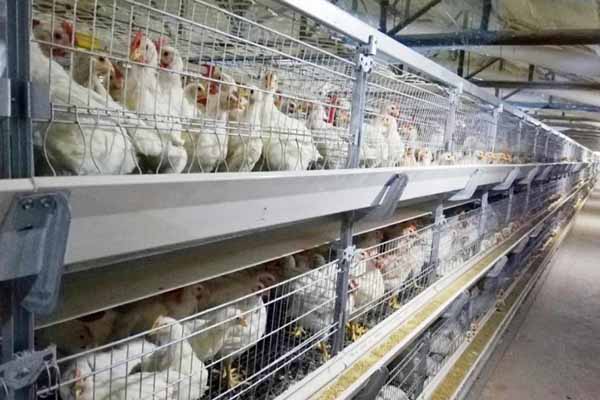
In the world of poultry farming, maximizing efficiency and maintaining impeccable hygiene are crucial for profitability and the health of the birds. Broiler cages, designed to house meat chickens in a controlled environment, have become a popular choice for many farmers. But the real game-changer lies in broiler cages with superior manure management systems. These systems not only significantly reduce labor but also create a cleaner, healthier environment for the birds, ultimately leading to better growth rates and reduced disease. Let’s delve into the benefits, types, and best practices associated with broiler cages equipped with advanced manure management.
The Importance of Effective Manure Management
Manure management in broiler farming is more than just cleaning up; it’s a key factor influencing the overall success of the operation. Poorly managed manure can lead to a cascade of problems, including:
Ammonia Buildup: Decomposing manure releases ammonia, a pungent gas that can irritate the birds’ respiratory systems, leading to decreased appetite, slower growth, and increased susceptibility to diseases.
Increased Disease Risk: Manure provides a breeding ground for harmful bacteria, parasites, and flies. These can spread rapidly within the flock, causing outbreaks of diseases like coccidiosis, salmonellosis, and E. coli infections.
Odor Problems: The strong odor associated with accumulated manure can be a nuisance to neighbors, potentially leading to complaints and regulatory issues.
Labor Costs: Manually cleaning manure from broiler houses is a labor-intensive and time-consuming task, adding significantly to the farm’s operating costs.
Environmental Impact: Improper storage and disposal of manure can pollute water sources and contribute to greenhouse gas emissions, raising environmental concerns.
A well-designed manure management system addresses all these issues, creating a more sustainable, profitable, and bird-friendly broiler farming operation.
Benefits of Broiler Cages with Superior Manure Management Systems
Investing in broiler cages with effective manure management systems offers a plethora of advantages:
Reduced Labor Requirements: Automated manure removal systems significantly reduce the need for manual cleaning. This frees up farm staff to focus on other important tasks, such as monitoring bird health, managing feeding schedules, and ensuring biosecurity protocols are followed.
Improved Hygiene and Bird Health: By promptly removing manure, these systems minimize the buildup of ammonia, reduce the risk of disease outbreaks, and create a cleaner, drier environment for the birds. This translates to healthier birds, better growth rates, and lower mortality rates.
Enhanced Biosecurity: Regular manure removal helps to break the cycle of disease transmission within the broiler house. This is particularly important for maintaining biosecurity and preventing the spread of infections from one flock to another.
Better Air Quality: By minimizing ammonia emissions, these systems improve air quality inside the broiler house, creating a more comfortable environment for both the birds and the farm staff.
Reduced Odor: Prompt manure removal reduces the amount of time that manure is exposed to the air, minimizing odor problems and preventing complaints from neighbors.
Increased Productivity: Healthier birds grow faster and more efficiently, leading to increased productivity and higher profits for the farmer.
Improved Manure Quality: Some manure management systems can improve the quality of the manure as a fertilizer. For example, composting or drying systems can reduce its volume, concentrate its nutrients, and make it easier to handle and apply to crops.
Environmental Sustainability: By minimizing pollution and reducing greenhouse gas emissions, these systems contribute to a more environmentally sustainable broiler farming operation.
Types of Manure Management Systems for Broiler Cages
Several types of manure management systems are commonly used in conjunction with broiler cages, each with its own advantages and disadvantages:
Belt System: This is one of the most popular options. A conveyor belt runs underneath each row of cages, collecting the manure that falls through the wire mesh floors. The belt is periodically activated to transport the manure to a collection point, such as a manure pit or a composting facility. Belt systems are relatively simple to operate and maintain, and they provide excellent manure removal.
Scraper System: A scraper blade is used to push the manure along the floor of the broiler house to a collection point. Scraper systems are typically used in houses with slatted floors or deep litter systems, but they can also be adapted for use with broiler cages. They are a cost-effective option for larger broiler houses, but they may require more labor than belt systems.
Flush System: Water is used to flush the manure out of the broiler house. Flush systems are typically used in houses with slatted floors or deep litter systems, but they can also be used with broiler cages. They provide excellent manure removal, but they require a significant amount of water.
Composting System: Manure is mixed with carbon-rich materials such as straw or wood shavings and allowed to decompose in a controlled environment. Composting systems reduce the volume of the manure, concentrate its nutrients, and kill harmful pathogens. They also produce a valuable fertilizer product that can be used on crops.
Drying System: Manure is dried using forced air or heat to reduce its moisture content. Drying systems reduce the volume of the manure, minimize odor emissions, and make it easier to handle and store. They can also improve its value as a fertilizer.
Factors to Consider When Choosing a Manure Management System
When selecting a manure management system for your broiler cages, consider the following factors:
Size of the Broiler House: The size of your broiler house will influence the type of system you need. Larger houses may require more automated systems to handle the volume of manure produced.
Bird Density: Higher bird densities will generate more manure, requiring a more robust manure management system.
Climate: Climate can affect the moisture content of the manure, which in turn can impact the performance of the manure management system. In humid climates, drying systems may be necessary to prevent ammonia buildup.
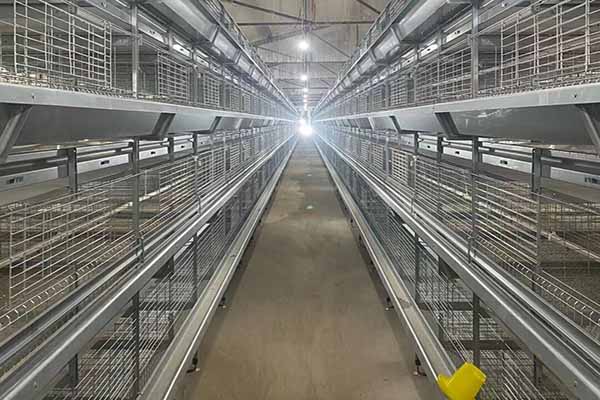
Labor Availability: If you have limited labor resources, you will want to choose a system that requires minimal manual intervention.
Budget: Manure management systems can range in cost from relatively inexpensive manual systems to more expensive automated systems. Choose a system that fits your budget and provides the best value for your money.
Environmental Regulations: Be sure to comply with all applicable environmental regulations regarding manure storage and disposal.
Type of Broiler Cage: The design of your broiler cages will also influence your choice of manure management system. Some cages are designed to work with specific types of manure management systems.
Manure Utilization: How will you utilize the manure after it is removed from the broiler house? Will you use it as fertilizer, compost it, or dispose of it in some other way? Your intended use of the manure will influence your choice of manure management system.
Best Practices for Manure Management in Broiler Cages
Regardless of the type of manure management system you choose, following these best practices will help you to maximize its effectiveness:
Regularly Remove Manure: The frequency of manure removal will depend on the type of system you are using and the bird density in your broiler house. However, as a general rule, it is best to remove manure as frequently as possible to minimize ammonia buildup and reduce the risk of disease outbreaks.
Maintain Proper Ventilation: Proper ventilation is essential for removing moisture and ammonia from the broiler house. Ensure that your ventilation system is functioning properly and that it is providing adequate airflow.
Control Moisture Levels: High moisture levels can promote the growth of bacteria and fungi in the manure, leading to increased odor and disease risks. Control moisture levels by providing adequate ventilation, preventing water leaks, and using absorbent bedding materials.
Monitor Ammonia Levels: Regularly monitor ammonia levels in the broiler house to ensure that they are within acceptable limits. High ammonia levels can indicate a problem with your manure management system or ventilation.
Practice Good Biosecurity: Implement strict biosecurity protocols to prevent the introduction and spread of diseases. This includes disinfecting equipment, controlling access to the broiler house, and properly disposing of dead birds.
Maintain the Manure Management System: Regularly maintain your manure management system to ensure that it is functioning properly. This includes lubricating moving parts, cleaning equipment, and replacing worn components.
Train Employees: Train your employees on proper manure management practices. This will help to ensure that they are following the correct procedures and that they are able to identify and address potential problems.
Keep Records: Keep detailed records of manure removal, ammonia levels, and other relevant data. This will help you to track the performance of your manure management system and to identify areas for improvement. Ensure to record any maintenance tasks performed on the manure management system, including dates, descriptions of the work done, and any parts replaced.
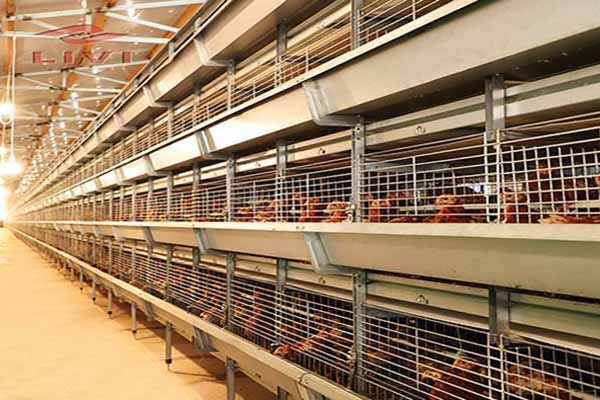
Conclusion
Broiler cages with superior manure management systems are an essential investment for any poultry farmer looking to maximize efficiency, improve bird health, and enhance profitability. By reducing labor requirements, improving hygiene, and minimizing environmental impact, these systems contribute to a more sustainable and successful broiler farming operation. By carefully considering the factors outlined above and following best practices for manure management, you can choose and operate a system that meets your specific needs and helps you to achieve your goals.



